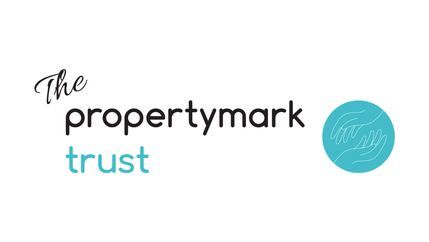I recently wrote an article for Property Industry Eye on five Buddhist principles that I believe, if applied, translate successfully into the business world.
In this article I take a look at Hindu philosophy and I have found that it also offers valuable insights that can be applied to business and personal ethics and practices.
Here are some key principles from Hindu thought that, I believe, are relevant for businesses:
Ahimsa (Non-Violence): Ahimsa is the principle of non-violence and compassion. In business, it encourages ethical behaviour, treating employees, customers, and competitors with respect and empathy. By avoiding harm and conflict, businesses can create a positive work environment and build trust.
Dharma (Duty and Righteousness): Dharma emphasises fulfilling one’s duty and acting righteously. In business, this means adhering to ethical standards, fulfilling responsibilities toward stakeholders (employees, customers, investors), and maintaining integrity. Dharma guides decision-making and ensures fairness.
Satya (Truthfulness): Satya encourages honesty and transparency. Businesses should communicate truthfully with customers, partners, and employees. Transparent reporting and ethical marketing build credibility and long-term relationships.
Aparigraha (Non-Attachment): Aparigraha teaches detachment from material possessions. In business, it suggests avoiding greed, excessive accumulation, and unethical practices. By focusing on sustainable growth and shared prosperity, businesses contribute positively to society.
Viveka (Discernment): Viveka emphasises discernment and critical thinking. Business leaders should make informed decisions, considering long-term consequences and ethical implications. Wise choices lead to sustainable success.
To conclude, whilst I am not a religious man, I have spent some time looking at various religions, codes and creeds and how their approach and teachings can translate into the commercial world. It is clear that there are great similarities amongst many of them.
The principles outlined here are not therefore exclusive to Hinduism; they align with much broader ethical values and can therefore enhance business practices across cultures and contexts.
It may be time to review the old music hall joke: What does a Hindu? It’s certainly more than laying eggs!
My next planned article looks at five key principles of Taoism that translate to business success.
Michael S Day MBA FRICS FNAEA FARLA
Managing Director Integra Property Services







